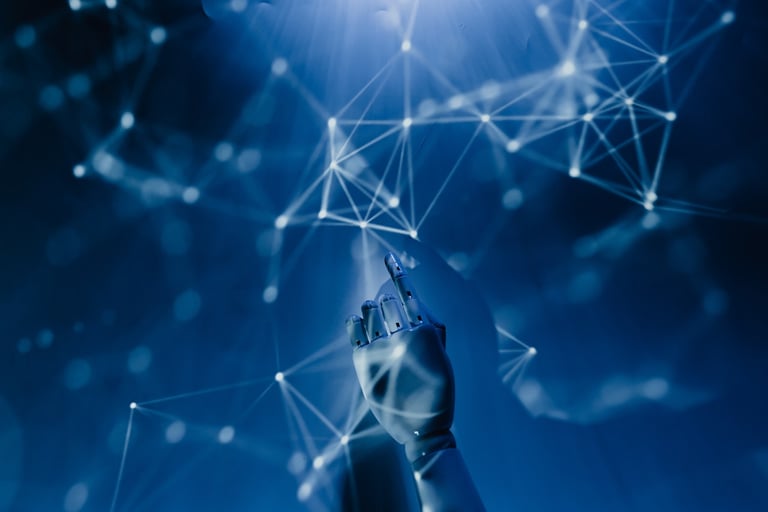Automation & Ai
Automation refers to the use of technology and machines to perform tasks that were previously done by humans. Automation can be used to improve efficiency, reduce costs, and increase accuracy and precision. Some common examples of automation include assembly line robots, self-driving cars, and chatbots for customer service.AI, or artificial intelligence, refers to the ability of machines and software to perform tasks that would normally require human intelligence, such as recognizing speech, understanding natural language, and making decisions based on complex data. AI technologies include machine learning, natural language processing, computer vision, and robotics.The combination of automation and AI has the potential to transform many industries and create new opportunities for innovation and growth. For example, AI algorithms can be used to automate complex decision-making processes in industries such as finance and healthcare, while automation can be used to perform repetitive tasks in industries such as manufacturing and logistics.However, there are also concerns about the potential impact of automation and AI on the workforce. As machines become more capable of performing tasks that were previously done by humans, there is a risk of job displacement and economic inequality. It will be important to carefully manage the transition to an automated and AI-driven economy to ensure that the benefits are widely shared and that no one is left behind.Overall, the integration of automation and AI has the potential to create more efficient, productive, and innovative societies, but it will also require careful planning and management to ensure that the benefits are distributed fairly and equitably.


